Mangrove
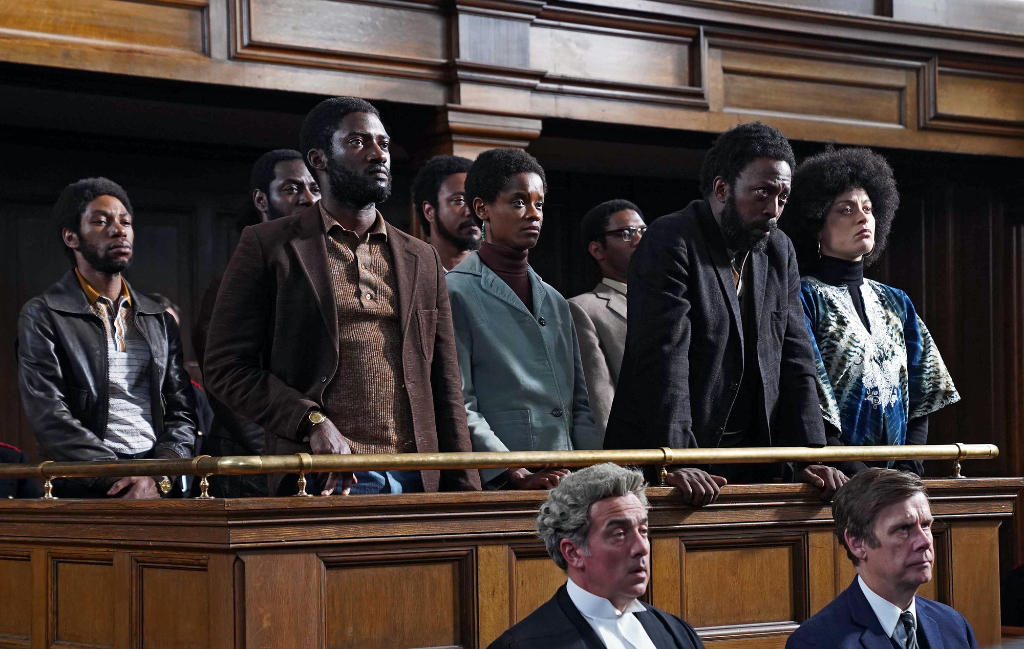
7th October 2020 5.00pm at BFI Southbank (NFT)
7th October 2020 7.30pm at Ciné Lumière
7th October 2020 6.15pm at Curzon Mayfair
“We’ve complained to the police about the police and nothing’s been done. We’ve complained to magistrates about magistrates and nothing’s been done. We’ve complained to judges about judges and nothing’s been done. Now it’s time to do something ourselves”.
Shouted from a car roof in the streets of Notting Hill, these words rumble through Mangrove like the revving of an engine. Steve McQueen’s fierce festival opener, part of a five-film BBC series set in London’s West Indian community from the late 60s to the early 80s, is fuelled by this idea self-representation, of resisting the structures that silence us and speaking when not spoken to. The first of the Small Axe anthology follows the true story of the Mangrove Nine, a group of British black activists who were tried at the Old Bailey in 1970 for allegedly inciting a riot at a protest, leading to the first judicial acknowledgement of racial hatred with the Metropolitan police. Half a century on, this feature is as perfectly timed as it is overdue; it’s a fervent call for change in the voice of the Windrush generation that still demands a response.
At the heart of the tale sits Frank Crichlow’s titular restaurant. It’s not just a place to eat: it’s a meeting point for the black community, a safe space to express political opinions, to sing and socialise. It’s the people who paint the walls, filling each frame with warmth and energy. So when these people are dragged out by supposed law enforcers, we feel violated even as viewers, able to feel the sharp edges of a prejudice that’s rooted deep. The brutish policemen almost resemble caricatures, a grim ironic reminder that the most dangerous villains are those who have been trusted to protect. Indeed, the whole establishment plays antagonist, and at times even provides caustic comic relief. The biggest joke in the film is the justice system (quite literally at one point), and Mcqueen uses dry British wit to hoist the country by its own petard.
The passion of the nine central performances, in contrast, is a breath of fresh air, cracking open a window in the stale and stuffy courtroom. Shaun Parks’s Frank simmers in the stalls; lingering shots of his face are more salient than any lawyer’s argument. Meanwhile, Letitia Wright and Malachi Kirby’s voices cut across the cries of the judge. For once, the strategy is not to change the system from the inside but to bash down the doors and extend the same courtesy it so generously affords its subjects.
In characteristic fashion, the director denies us a cosy conclusion. Most of us have come to expect a certain formula when we watch a courtroom drama, from the stiffs in suits to the spine-tingling closing speech. We’re used to leaving the cinema with a sense of pride, almost as if we were the ones who built the landmark case and paved the way to progress. There is victory for the Mangrove Nine, yes, but a true resolution would be a lie, and McQueen doesn’t spare us to help us sleep better at night. There is no neatly tied up ending because as the recent protests have reminded us, this is only the beginning.
Rosamund Kelby
Mangrove will premiere on BBC1 and BBC iPlayer on 15th November 2020.
Read more reviews and interviews from our London Film Festival 2020 coverage here.
For further information about the festival visit the official BFI website here.
Watch the trailer for Mangrove here:

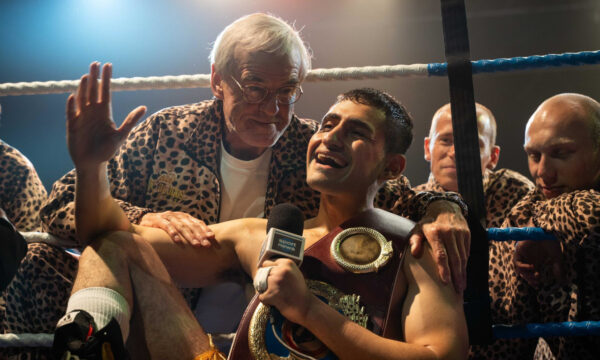

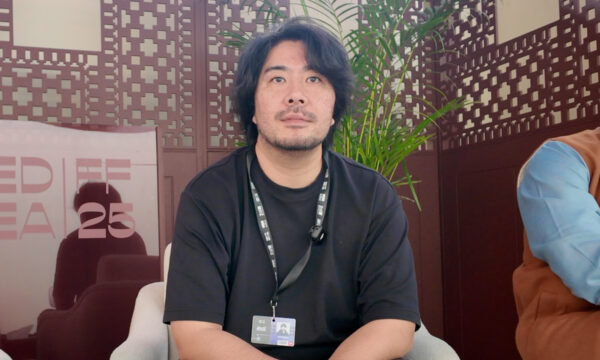
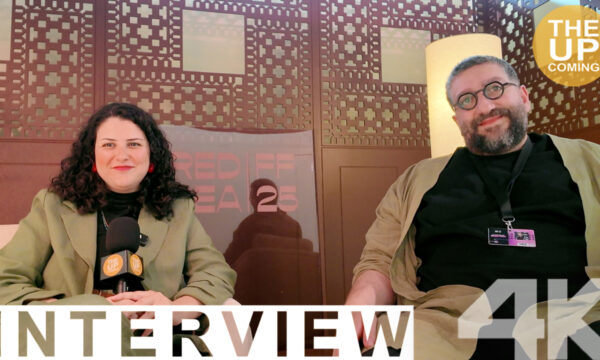

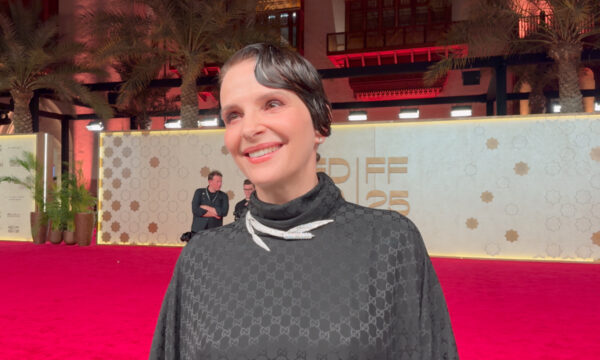




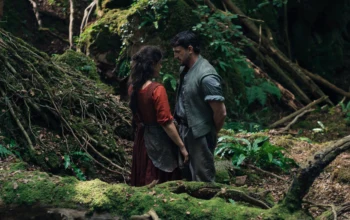
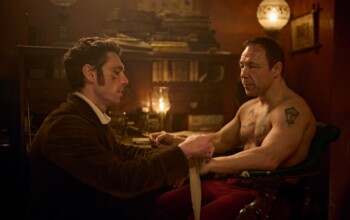
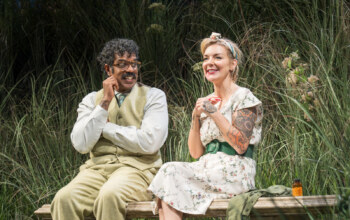
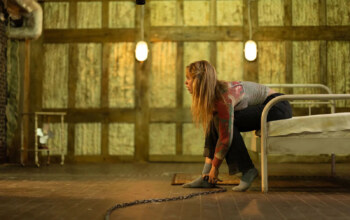

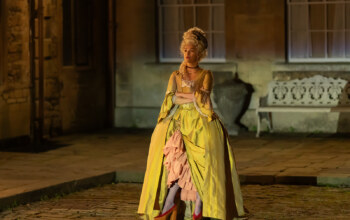
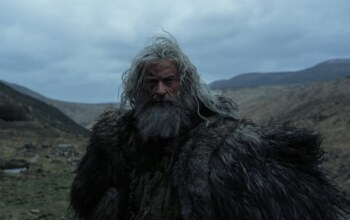
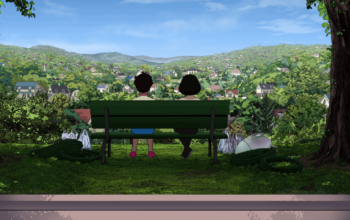





Facebook
Twitter
Instagram
YouTube
RSS